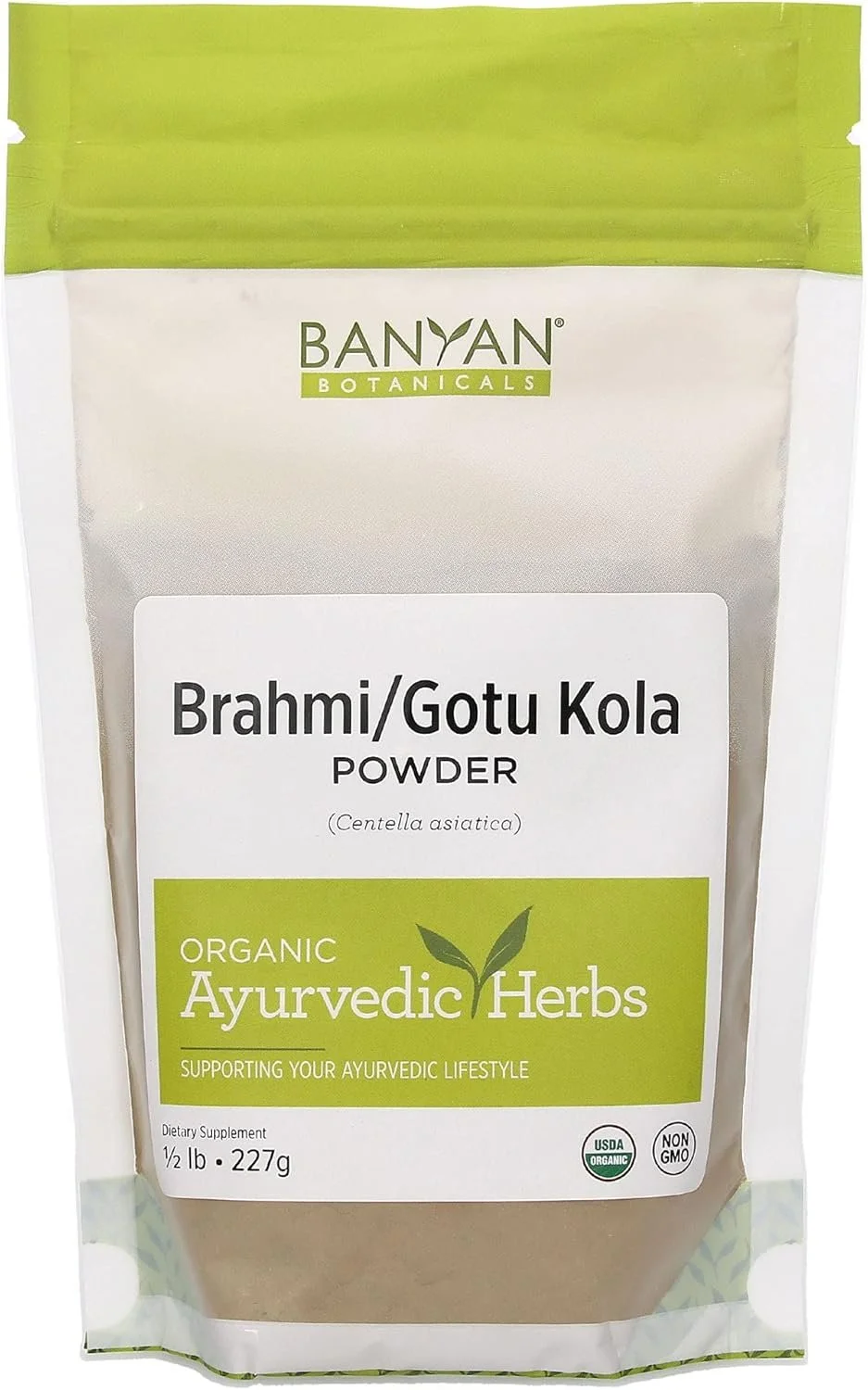Finding Your Emotional Balance with Ayurveda
In today’s fast-paced world, emotional imbalance can often feel like an inevitable part of life. Stress, anxiety, and emotional upheaval are increasingly common, and many of us struggle to find stability amidst the chaos. However, the ancient science of Ayurveda offers powerful tools for cultivating emotional resilience and balance, guiding us back to a place of harmony with ourselves.
At its core, Ayurveda is about understanding and nurturing the interconnectedness of body, mind, and spirit. When we align with the natural rhythms of life and cultivate practices that honor our unique constitution, we can develop emotional wellness that supports lasting peace. In this post, we will explore how Ayurveda’s key principles and practices can help you find your emotional balance, from balancing the doshas to understanding the role of the mind, nervous system, and subtle body in emotional wellness.
Emotional Resiliency and Balance in Ayurveda
In Ayurveda, emotional well-being is deeply tied to our physical health and our mental states. The three doshas—Vata, Pitta, and Kapha—represent different energies that govern the functions of the body and mind. When the doshas are in balance, emotions tend to be stable and resilient. However, when they are out of balance, emotions can become excessive, volatile, or stagnant.
Vata imbalance may lead to anxiety, fear, and restlessness.
Pitta imbalance can result in anger, irritability, or frustration.
Kapha imbalance may cause depression, lethargy, or emotional attachment.
To achieve emotional resiliency, Ayurveda encourages us to balance these doshas, which in turn stabilizes our emotional responses. Each person has a unique constitution (Prakruti) and may be more predisposed to certain imbalances. The key is to find harmony by addressing physical, emotional, and environmental factors that influence your doshic balance.
Subtle Body and Subtle Doshas: The Emotional Layers
In addition to the physical and mental bodies, Ayurveda recognizes the subtle body, which consists of energy centers (chakras), channels (nadis), and the subtle doshas (prana, tejas, and ojas). These subtle aspects of our being influence our emotions and can be accessed through practices such as meditation, pranayama, and energy healing.
For example, when there is an imbalance in prana (life force), it can manifest as feelings of fear, anxiety, or confusion. Balancing prana through breathwork and grounding techniques can help restore emotional equilibrium. Similarly, nurturing ojas (vital essence) strengthens emotional resilience, helping us to weather life’s storms with greater ease.
Gunas: The Qualities of the Mind
Ayurveda acknowledges the gunas—the three qualities of nature (sattva, rajas, and tamas)—which influence our mental and emotional states:
Sattva: Represents clarity, balance, and harmony. Cultivating sattva through mindfulness, self-awareness, and virtuous living helps promote emotional well-being.
Rajas: Represents activity, restlessness, and desire. Excessive rajas can lead to emotional turbulence, and practices that calm the mind and promote focus can help counterbalance this.
Tamas: Represents inertia, heaviness, and ignorance. Tamas can lead to feelings of depression or emotional stagnation, and practices that promote motivation, clarity, and lightness help to balance this guna.
By becoming aware of the gunas in our own mind, we can take steps to cultivate more sattva, leading to greater emotional stability and balance.
Fear, the Nervous System, and Ayurveda
Fear is a common emotional response that can activate the sympathetic nervous system, triggering the “fight-or-flight” response. This is often linked to imbalances in the Vata dosha, which governs movement, the nervous system, and the mind.
From an Ayurvedic perspective, calming the sympathetic nervous system and encouraging the parasympathetic nervous system (rest and digest) is essential for overcoming fear and stress. Practices like deep breathing, meditation, and physical grounding (e.g., walking barefoot on the earth) help to activate the parasympathetic system, allowing the body to return to a state of balance.
The Vagus Nerve: The Key to Emotional Regulation
The vagus nerve plays a central role in regulating the parasympathetic nervous system. This nerve, which runs from the brainstem to the abdomen through the diaphragm, is involved in controlling heart rate, digestion, and emotional responses. Stimulating the vagus nerve can help reduce stress and promote feelings of calm.
Ayurvedic practices such as chanting, deep breathing, and pranayama (breathing exercises) are known to stimulate the vagus nerve, enhancing emotional resilience and promoting a sense of inner peace.
Slowing Down: Creating Spaciousness in the Mind and Body
In Ayurveda, emotional balance is closely linked to the ability to slow down and create space for introspection. In a world where speed and productivity are often prioritized, Ayurveda teaches the value of spaciousness—allowing the mind and body to rest and rejuvenate.
By slowing down, we can observe our emotions without becoming overwhelmed by them. Practices like yoga nidra (a deep relaxation practice) and mindful walking help to cultivate this spaciousness, creating an opportunity for emotional processing and healing.
Intention and Mindfulness: The Foundation of Emotional Wellness
Mindfulness and intention-setting are central to emotional wellness in Ayurveda. Ayurveda teaches us that the mind is a powerful influence on the body, and our emotional experiences stem from our thoughts, perceptions, and the stories we tell ourselves. By cultivating awareness and setting clear intentions, we can shift the patterns of our mind that contribute to emotional imbalance.
Through practices like meditation, breathwork (pranayama), and self-reflection, Ayurveda encourages individuals to take responsibility for their emotional states. These practices help calm the mind and make space for emotional clarity, allowing us to better respond to life’s challenges with equanimity.
Achara Rasayana: The Path to Emotional Healing
In Ayurveda, Achara Rasayana refers to the “mental and emotional rejuvenating practices” that promote mental well-being and emotional balance. Rather than focusing on herbs or physical therapies, Achara Rasayana emphasizes the cultivation of right conduct, ethical behavior, and positive mental habits as a means of nourishing the mind and emotions. When completed with intention and mindfulness, these mental rejuvenators help cultivate sattva and builds ojas, the finest refinement of nourishment and tissues.
This practice involves a deep commitment to embodying qualities such as compassion, non-violence (ahimsa), truthfulness (satya), contentment (santosha), and forgiveness. When we align our actions, words, and thoughts with these principles, we strengthen the emotional resilience required to navigate the ups and downs of life. Achara Rasayana essentially reprograms our mental and emotional tendencies by encouraging us to live with integrity and mindfulness, which creates inner peace and harmony.
For instance:
Practicing forgiveness helps release emotional burdens like anger or resentment, which might otherwise stagnate in the body and mind.
Compassion and empathy allow us to form healthier relationships and reduce emotional stress related to conflict.
Gratitude and contentment (Santosha) shift our focus from what is lacking to what is abundant, creating a foundation of emotional joy and stability.
Therapies, Lifestyle, and Sleep: The Pillars of Emotional Wellness
The Ayurvedic approach to emotional wellness extends beyond diet and herbs (link to immunity blog); it also incorporates therapies and lifestyle practices that help restore emotional balance. These include:
Abhyanga (self-massage): A warm oil massage that calms the nervous system, reduces stress, and improves circulation. Abhyanga is a deeply nurturing practice that promotes emotional grounding and resilience.
Shirodhara: A therapy that involves pouring warm oil over the forehead. Shirodhara is often used to calm an overactive mind, reduce anxiety, and promote emotional stability.
Sleep (Nidra): Sleep is essential for emotional well-being. Ayurveda views quality sleep as a cornerstone of health and emotional balance. Establishing a proper sleep routine, such as going to bed early, avoiding overstimulation before bedtime, and using calming herbs like ashwagandha or brahmi, can restore mental clarity and emotional equilibrium.
Dinacharya: The Power of Daily Routines
Last, but far from the least important factor that contributes to emotional balance, Dinacharya refers to the practice of a daily routine that aligns with the natural cycles of the body and the environment. By incorporating a structured routine into your life you create space for mindfulness and relaxation, which is crucial for fostering and maintaining emotional stability and resilience, as it helps to regulate the nervous system and balance the doshas.
A well-balanced Dinacharya might include:
Waking up early: To align with the natural rhythms of the day.
Morning meditation or pranayama: To center the mind and establish intention for the day.
Physical activity: Gentle yoga or walking to keep the body energized and calm.
Eating meals at regular intervals: To maintain stable blood sugar and prevent emotional swings caused by hunger.
Conclusion: Emotional Wellness is Possible!
Incorporating Ayurvedic practices into your daily life can be a transformative way to cultivate emotional balance. By nurturing your body, mind, and spirit, you can develop emotional resilience that supports you through life’s challenges. Whether through mindful intention, ethical living (Achara Rasayana), calming therapies, or daily routines, Ayurveda offers a holistic framework for healing and growth.
Here are some of the products we’d recommend in your journey to emotional balance!
Disclaimer: As a participant in the Amazon Associates program, Pranamyra earns commissions from qualifying purchases made on Amazon through the affiliate links shared on our website and social media pages.
The views expressed in this article are not intended to be medical advice. Please always consult with your doctor before starting any new routines. If you would like more personalized Ayurvedic recommendations to aid in your health journey please contact us here for a consultation.










